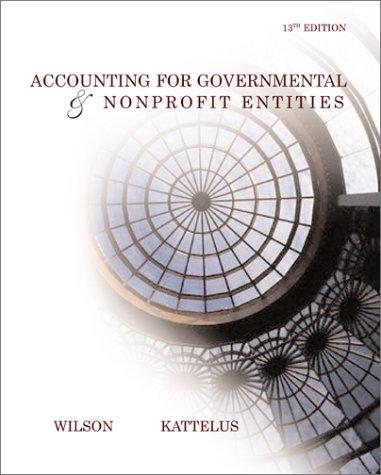Question
Holt worked as a manager for Home Depot from January 1995 to July 1999. Throughout those years, Home Depot assured employees through statements in the
Holt worked as a manager for Home Depot from January 1995 to July 1999. Throughout those years, Home Depot assured employees through statements in the employee handbook and otherwise that if they used the company's open-door procedure to complain to management about their supervisors, they would not be penalized. In March 1999, Home Depot moved Holt and his family to Connecticut so he could manage a new distribution center in Bloomfield. Soon after he started there, he began to have difficulties and disagreements with his supervisor. In June, he contacted a senior manager regarding his problems with her. On July 3, he called Home Depot's Impact Line to ask that forms be sent to him so he could make a formal complaint. On July 9, Home Depot terminated Holt's employment. Holt sued Home Depot, claiming promissory estoppel. The jury awarded Holt $470,000 in damages. Home Depot challenged the verdict, claiming that the jury could not reasonably find the elements of promissory estoppel. Should Home Depot win?
In 1994, Schumacher and his wife, and their two daughters moved to Minnesota, to operate a bar and restaurant called the Trestle Inn, which was owned by his parents. Schumacher claims that his parents induced him to leave his previous job and make the move by orally agreeing to provide him a job managing the inn for life and to leave the business and a large parcel of land to him when his first parent died. Schumacher was given free rein in managing the inn and was allowed to retain all profits of the business but was not given any salary or wage. While he was operating the inn, Schumacher used his own funds to build a home for his family on his parents' land, install a well, buy equipment for the business, and develop various marketing tools for the business. In the fall of 1998, Schumacher suspected that his parents were about to sell the inn and the adjoining property. He sued for a restraining order to prevent them from doing so, claiming breach of contract and unjust enrichment. In October 1998, the parents notified Schumacher that his employment at the inn and his right to possess the adjoining property were terminated. The parents moved for summary judgment. The trial court held that Schumacher's oral contract claim was invalid because the contract needed to be in writing under applicable Minnesota law. However, does Schumacher have a valid claim for unjust enrichment? Promissory estoppel?
Step by Step Solution
There are 3 Steps involved in it
Step: 1

Get Instant Access to Expert-Tailored Solutions
See step-by-step solutions with expert insights and AI powered tools for academic success
Step: 2

Step: 3

Ace Your Homework with AI
Get the answers you need in no time with our AI-driven, step-by-step assistance
Get Started


